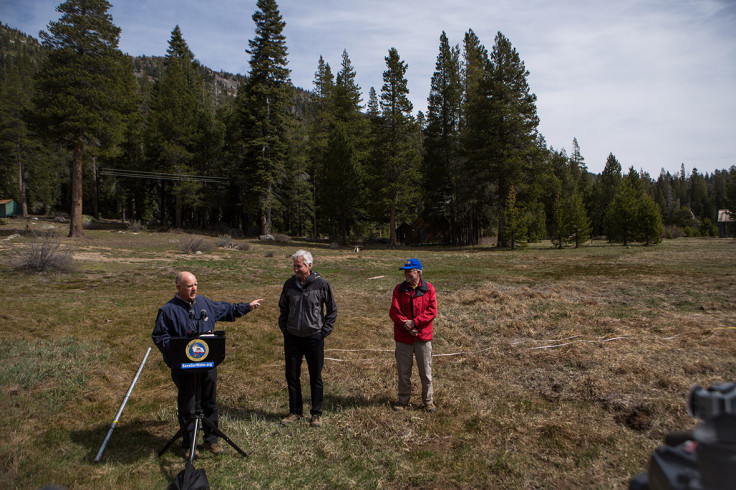Drought-stricken California not to halt water consuming fracking

California oil producers used nearly 280 million litres (70 million gallons) in the process of fracking for oil and gas in the state last year.
This amounts to more than half a million litres of water per day in a nation which is already water-stressed under a four-year-long drought.
Just a few days ago California Governor Jerry Brown ordered mandatory water use reductions in supplies to households amounting to 25% for the first time in the state's history, following water scarcity and worsening drought conditions.
The drought has worsened with rain deficit and rising temperatures from global warming that led to a winter of record-low snowfalls.
The current drought, which began in 2011, is the worst in 120 years of climate record-keeping in the state while some suggest it is the worst in more than a thousand years.
It is in such a scenario that Brown has claimed fracking was not a major drain on water supplies and decided not to halt fracking in the state.
Hydraulic fracturing, or fracking, is the process when water and some chemicals are injected deep underground at high pressure to break up rock and release oil and gas into wells from shale deposits.
Shale oil is far messier to extract than gas and is a dirtier fuel and only exploited in the US.
Steven Bohlen, the California state oil and gas supervisor contends that hydraulic fracturing uses a relatively small amount of water, the equivalent of 514 households annually per well.
About 400,000 litres of water is used on average per well, he said. Previous industry estimates said that fracking used about 400 million litres of water in California a year.
Authorities say that not all the water used is fresh water and much of it is water brought up from the aquifers during drilling.
A law passed last year requires oil producers to report the sources of water used in all oil and gas extraction as well as where the water finally ends up.
Global concerns
Water contamination is also a concern surrounding fracking.
The World Resources Institute (WRI) has warned that global water shortages could halt plans to develop shale gas in regions where reserves are large.
The WRI said that 38% of the world's shale resources were found in areas that were water barren or that were "under high to extremely high levels of water stress".
Recent studies have linked a series of earthquakes in Ohio last year to fracking in and around the region.
Germany recently imposed a ban on fracking for shale gas, succumbing to concerns about the risk of contaminating drinking water. France and Bulgaria have already banned fracking.
Europe was counting on a shale gas boom similar to what was seen in the United States but reserves have not lived up to initial expectations.
Fracking is allowed in Britain but is subject to strict environmental and safety guidelines.
A study from University of Manchester had suggested that with appropriate regulations in place to check environmental pollution, shale gas is a good option for UK as it can be extracted at reasonable cost and offers some advantages over solar and wind energy in terms of emissions.
© Copyright IBTimes 2025. All rights reserved.





















